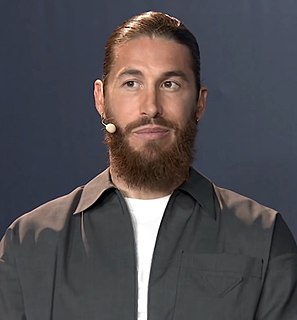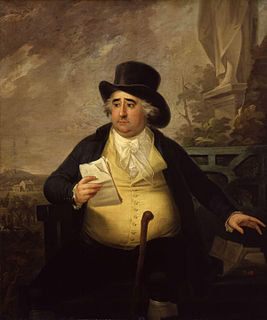A Quote by Sergio Ramos
Related Quotes
Science attacks our most cherished opinions. Opinions which come straight from our collective gut. Oh, wait, according to gastroenterologists, the only thing that comes from the gut is waste left from the digestion of food. That’s right, “waste.” I guess that means that scientists literally think our opinions should be flushed down the toilet!
For too many of us, it's become safer to retreat into our own bubbles, whether in our neighborhoods or on college campuses, or places of worship or especially our social media feeds, surrounded by people who look like us and share the same political outlook and never challenge our assumptions. And increasingly, we become so secure in our bubbles that we start accepting only information, whether it's true or not, that fits our opinions, instead of basing our opinions on the evidence that is out there.
Everybody has opinions: I have them, you have them. And we are all told from the moment we open our eyes, that everyone is entitled to his or her opinion. Well, that's horsepuckey, of course. We are not entitled to our opinions; we are entitled to our informed opinions. Without research, without background, without understanding, it's nothing. It's just bibble-babble. It's like a fart in a wind tunnel, folks.
Do you tell me that the Bible is against our rights? Then I say that our claims do not rest upon a book written no one knows when, or by whom. Do you tell me what Paul or Peter says on the subject? Then again I reply that our claims do not rest on the opinions of any one, not even on those of Paul and Peter, . . . Books and opinions, no matter from whom they came, if they are in opposition to human rights, are nothing but dead letters.
In knowledge of human affairs, we should never allow our minds to be enslaved by others by subjecting ourselves to their whims. We must maintain freedom of thought, and never accept anything of purely human authority into our heads. When we are presented with a diversity of opinions, we must choose, if we can; if we cannot, we must remain in doubt.
No human government has a right to enquire into private opinions, to presume that it knows them, or to act on that presumption. Men are the best judges of the consequences of their own opinions, and how far they are likely to influence their actions; and it is most unnatural and tyrannical to say, "as you think, so must you act. I will collect the evidence of your future conduct from what I know to be your opinions."






































